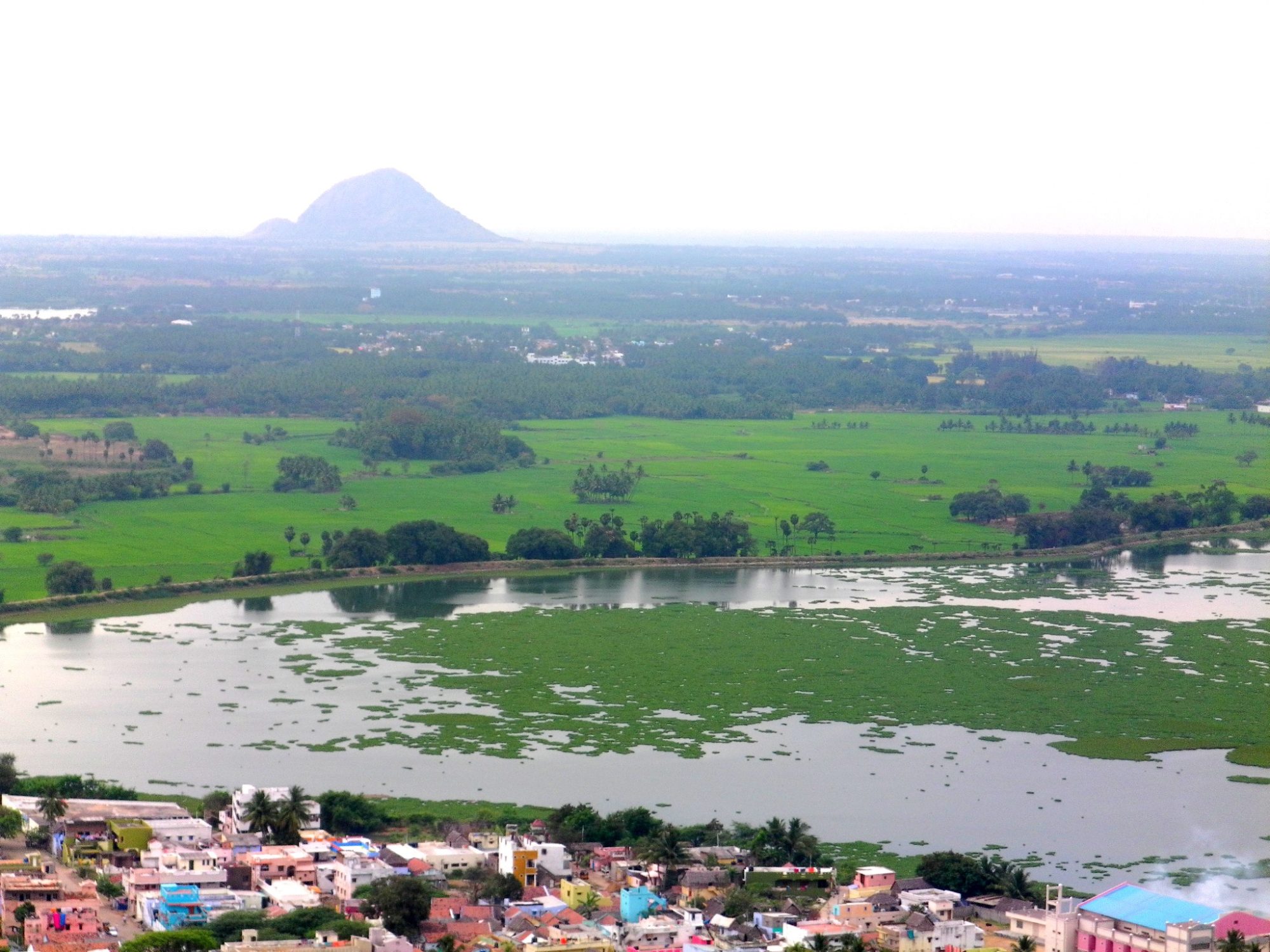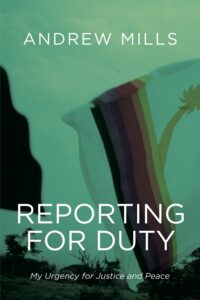 Reporting for Duty: My Urgency for Justice and Peace is a memoir describing the things I have done in my life to promote justice and peace in America’s foreign and domestic policies. But it is more than a memoir; it also includes background for, and analysis of, the peace and justice issues involved. I love my country deeply, and so I want it to live up to its promise of brotherhood, truth, and fairness, and to commit to being a peaceful neighbor amongst the community of nations.
Reporting for Duty: My Urgency for Justice and Peace is a memoir describing the things I have done in my life to promote justice and peace in America’s foreign and domestic policies. But it is more than a memoir; it also includes background for, and analysis of, the peace and justice issues involved. I love my country deeply, and so I want it to live up to its promise of brotherhood, truth, and fairness, and to commit to being a peaceful neighbor amongst the community of nations.
As detailed in the book, my life has been one adventure after another as I undertook actions for justice and peace. For example, when I participated in part of the civil-rights march from Selma to Montgomery, Alabama in 1965 and when I was in a group that was kidnapped by the Contras in Costa Rica in 1985. The book emphasizes that peace work doesn’t stop with peace conferences or praying for peace. It is facing the hard truths of the issues and finding the most effective ways to make peace. My primary intent in writing the book was to encourage people everywhere to invest themselves in justice and peace initiatives in their own countries.
Events that influenced me greatly and are guideposts for my life were the trials in Nuremberg, Germany in 1946 of Nazi war criminals. I was 15 and 16 years old then. The trials made a big impression on me. One of the lessons we all learned from the trials was that more German citizens (German Christians) should have resisted the Nazi reign and spoken out against the Holocaust publicly as soon as it started.
If this was what average Germans should have done in the 1930s and 40s, it behooves me for the rest of my life to call out and speak about practices my own country has followed that have hurt or belittled minorities in my country or that have led to the death or displacement of people in foreign lands by wars my country has imposed on them.
Our national leaders who take us into wars or involve us in proxy wars such as the Contra war against Nicaragua don’t want us to remember what war is and what it does. They just keep saying we have to fight wars to keep our “freedom.” So we feel guilty if we don’t support the latest war they come up with. The legacy of war is not just a matter of counting and honoring the dead soldiers. A larger group of veterans comes home wounded, in body and mind, often ruined in mind and body.
I have divided the book into three sections: Slavery and Civil Rights, Nicaragua Connection, and actions I undertook In My Older Years. Under Slavery and Civil Rights, the central theme is the march from Selma to Montgomery, Alabama in 1965, including a narrative about how 35 of us from northern California, chartered a bus, drove there, and joined the march. I give the background to the march in terms of the voting-rights issue and discuss the short- and long-term results. I also include a discussion on the impact of slavery on Black families now. Appendix A includes selected remembrances by ex-slaves as recorded by Works Progress Administration (WPA) interviewers in the 1930s. Also, in this section, I briefly discuss Martin Luther King’s opposition to the war in Vietnam and his assassination.
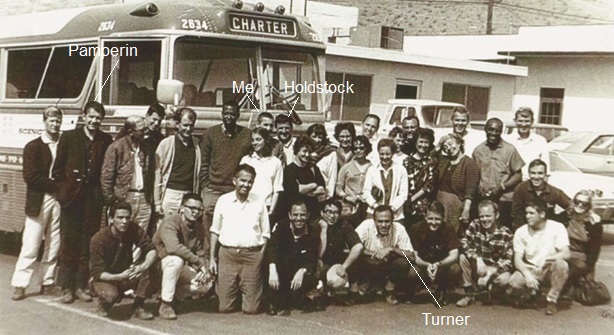
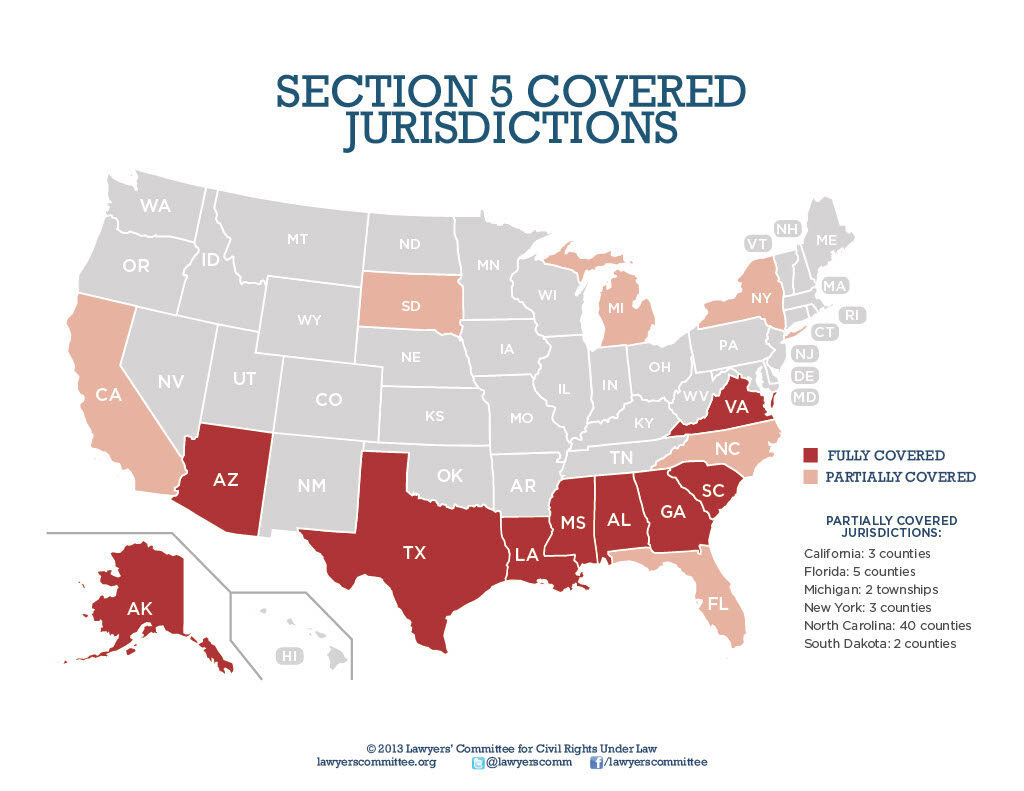
In the section entitled Nicaragua Connection I discuss U.S. policy and actions with respect to Nicaragua and my connections to the country. The section is a bit long in my attempt to untangle the official U.S. untruths about the Sandinista government. I confirm Nicaraguans’ right to choose a path different from what my own country, the United States, has imposed since 1909 on this small country of 6.7 million people. One chapter of the section gives a play-by-play description of my being part of a Witness for Peace delegation in August 1985 that was kidnapped in Costa Rica and held captive for 29 hours by the Contras.
What I describe about Nicaragua is just one example of how U.S. policies toward Latin American nations have consistently displayed a ruthless insistence of our dominance over them and a total disregard for the wishes of the citizens of these countries. If any government south of the border chooses to adopt left-leaning social programs, our State Department tends to go on the attack and label the country as ‘socialist’ or a ‘corrupt dictatorship.’
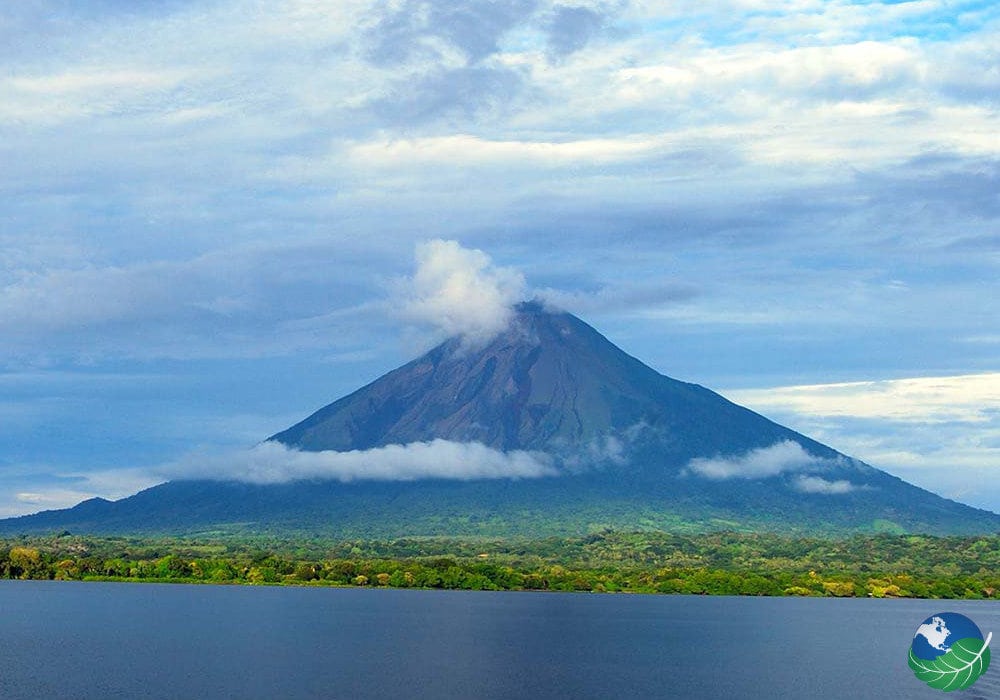
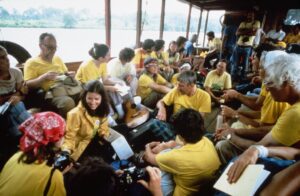
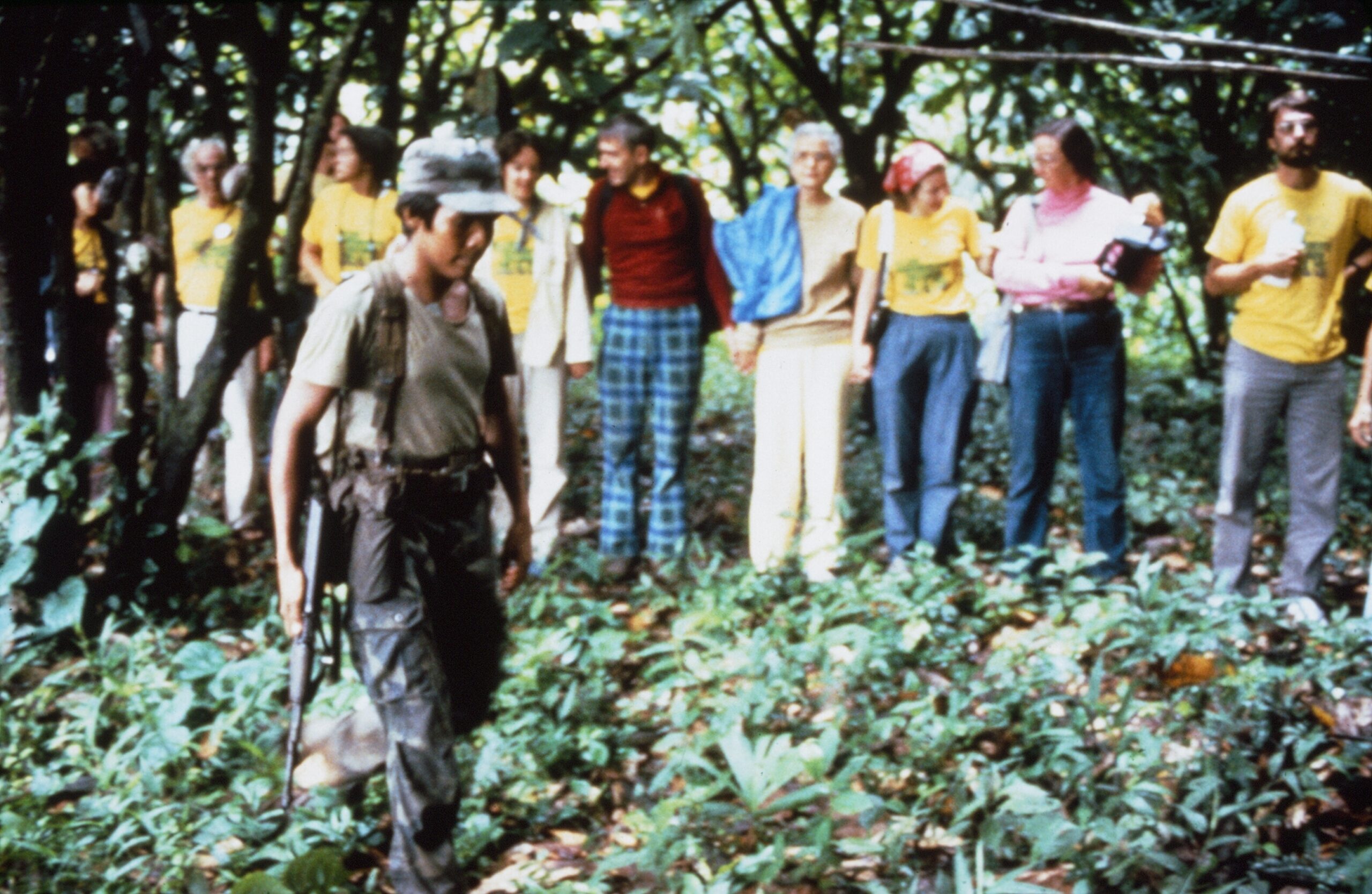
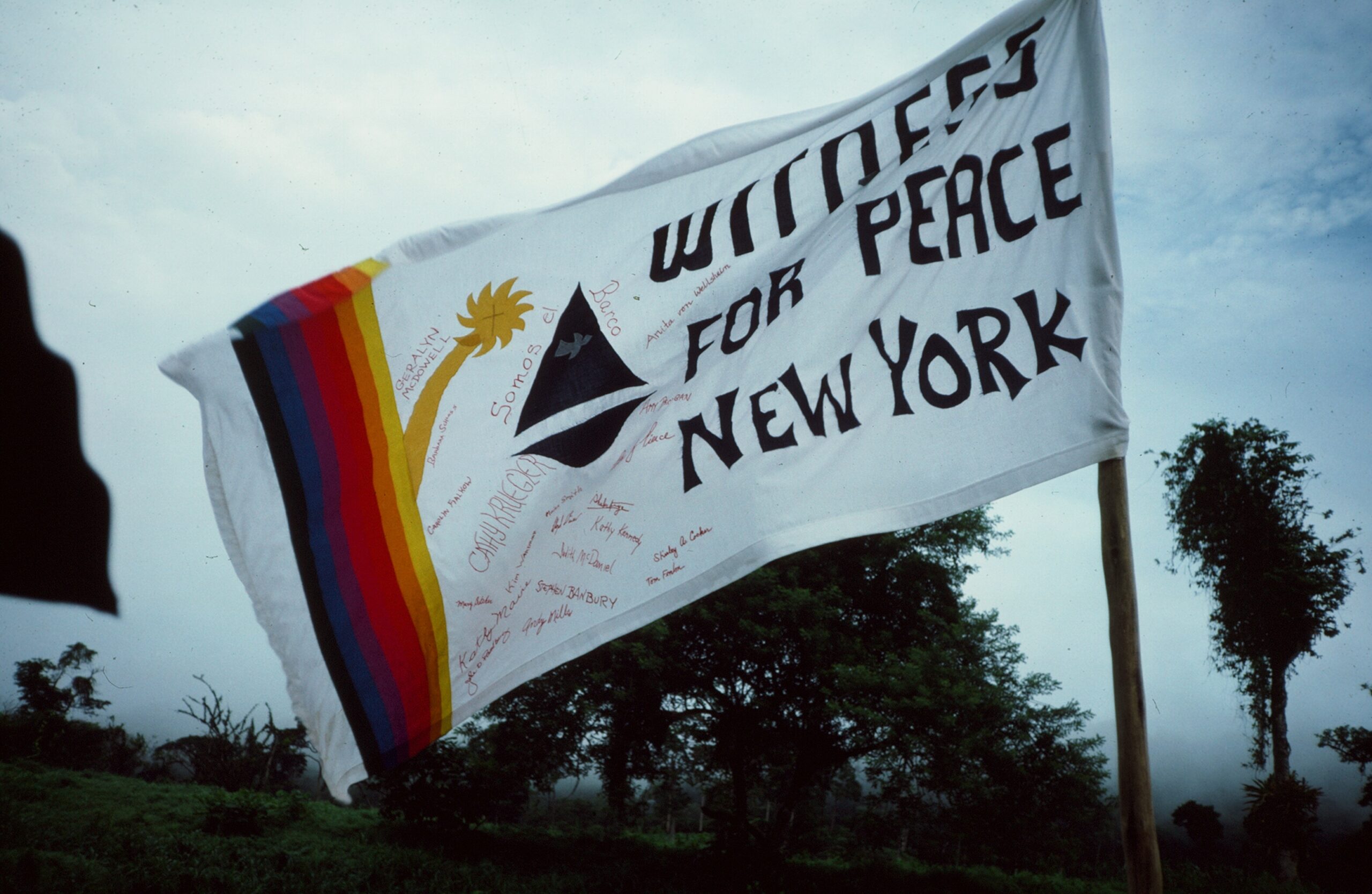
Under the section ‘In My Older Years,’ there are chapters on my brief experiences in El Salvador and Guatemala, my role in starting and helping to lead the Mid-Atlantic region of Witness for Peace from 1994 to 2013, and finally, my writing numerous op-eds and letters to the editor on justice and peace issues. Appendix B includes a sample of the letters and op-eds that I’ve had published.
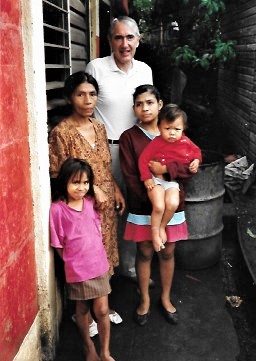
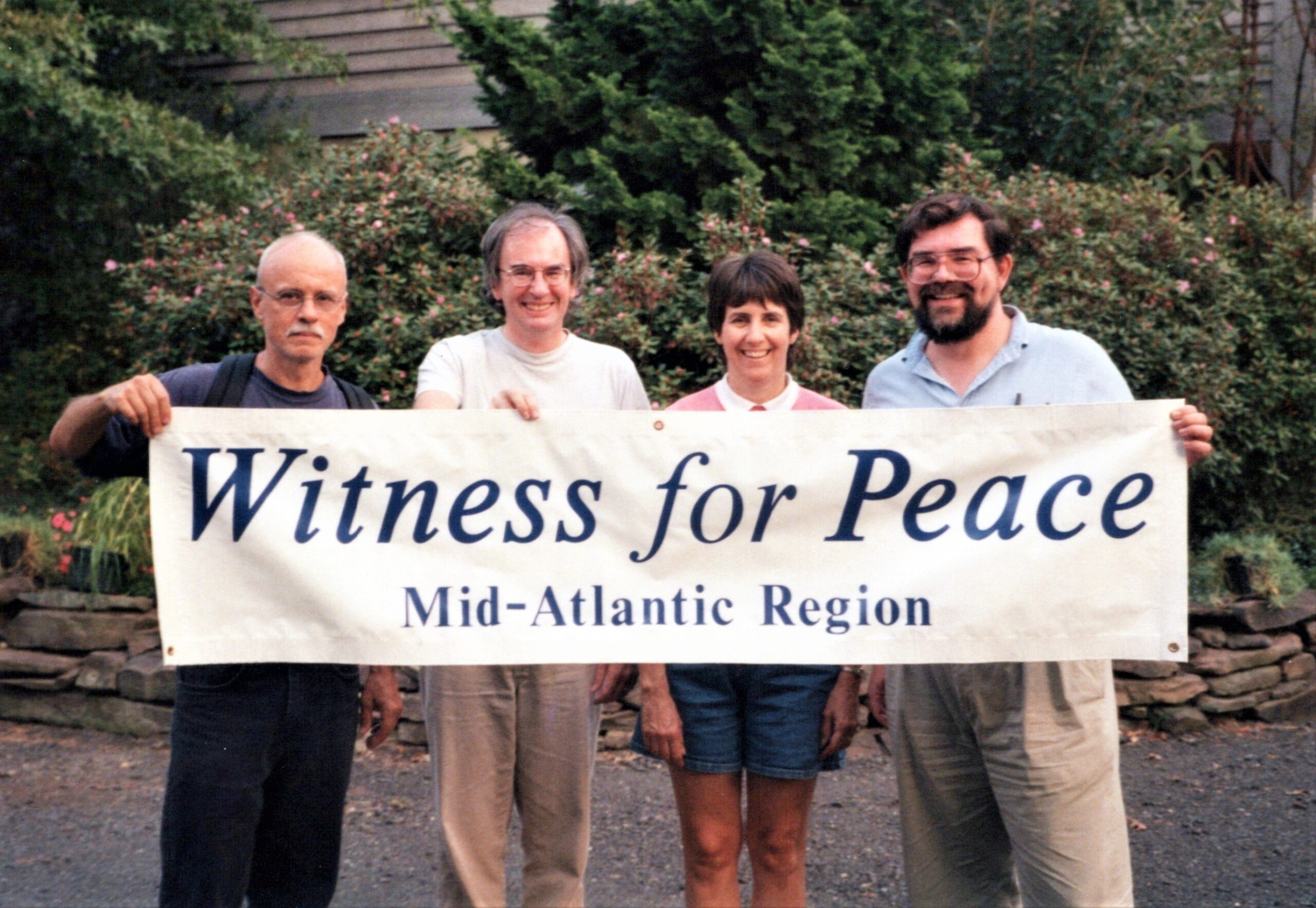
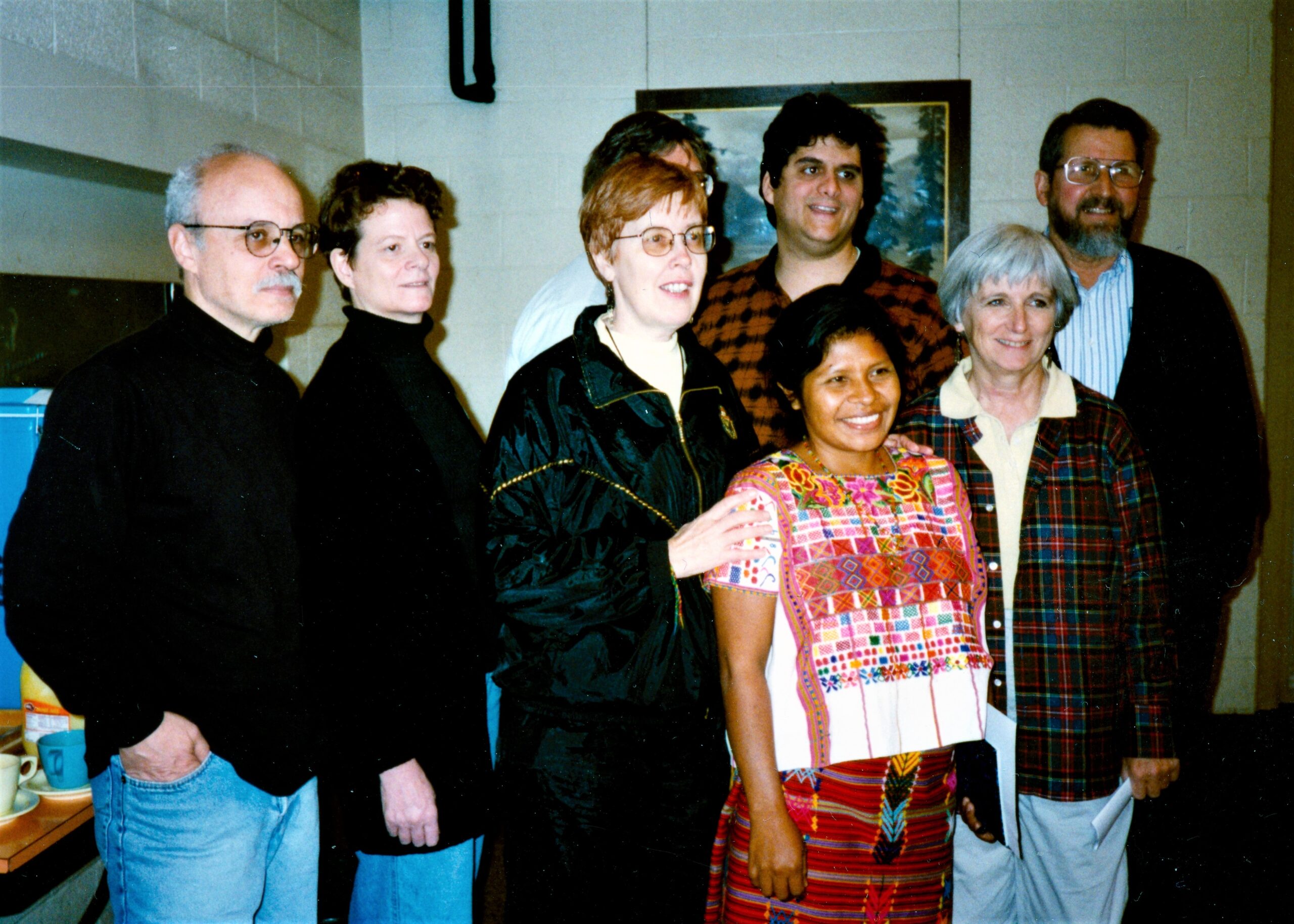
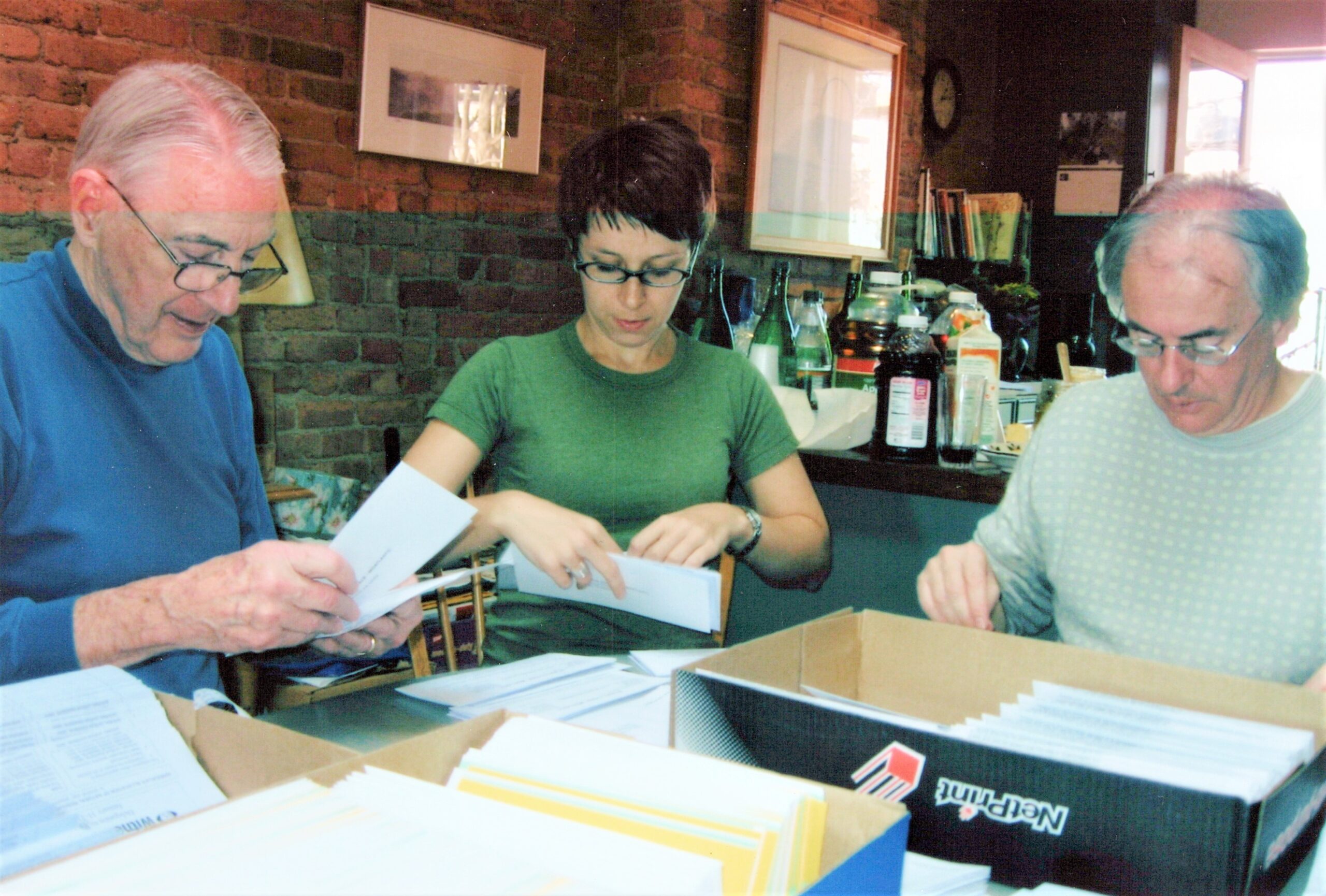
Those of us who seek to create just and peaceful outcomes have invariably found that semi-truths and outright falsehoods are used to stall or prevent the achievement of justice and peace. Thus, our work necessarily has involved trying to ferret out the truth of an issue or incident that impacts the achievement of just deeds and just legislation and the success of peaceful ventures in times of conflict. What President Dwight Eisenhower identified as the military-industrial complex has grown far more powerful since his administration and has become, in truth, the military-industrial-media complex, designed to make each war appear to be a ‘necessary’ war.
TO purchase the book, click on this link.
For more information about Andrew Mills, please go to About the Author![]()
